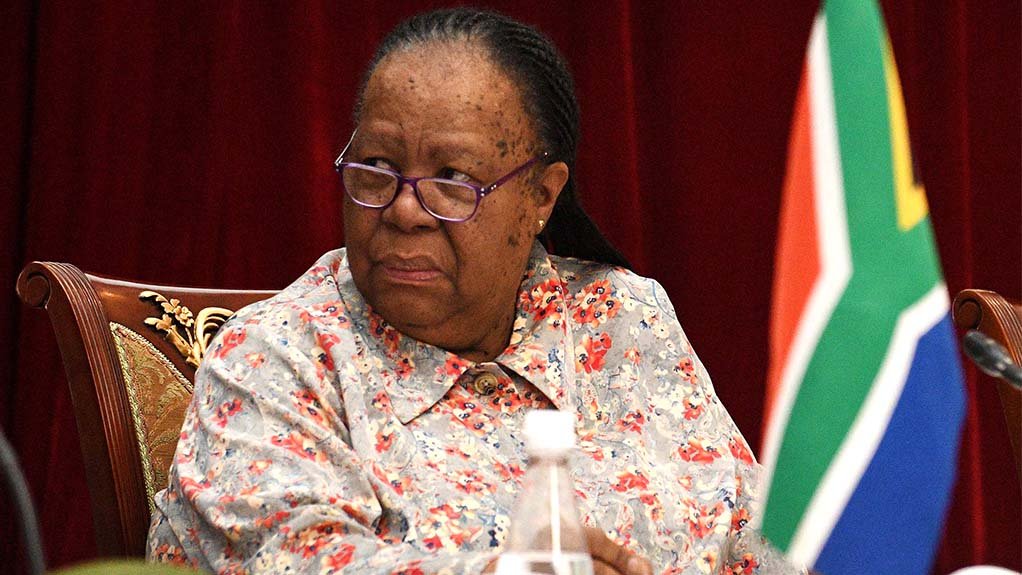International Relations and Cooperation Minister Naledi Pandor - according to her department - will call for the end of Palestinians' "suffering" and "displacement" during an official visit to the UN Security Council this week.
Speaking to Ubuntu Radio, the Department of International Relations and Cooperation's broadcast platform, Ambassador Mathu Joyini, South Africa's permanent representative to the UN in New York, said Pandor would lobby "like-minded countries" to "stop the movement and displacement of Palestinians in Gaza" when the Security Council holds its high-level debate on the Middle East conflict on Tuesday and Wednesday.
From the beginning of October, there has been a resurgence of the raging conflict between Israel and Palestine after Hamas - a military and political group that controls the Gaza Strip - launched attacks on Israelis, leading to revenge attacks and thousands killed in tensions that began when the state of Israel was formed from Palestinian land in the late 1940s.
The department confirmed Pandor would hold "bilateral meetings with her counterparts from other countries" in what Joyini hoped would "be many voices that convey the same message" for humanitarian corridors to be opened so relief can be sent to Gaza following an Israel Defence Force-enforced blockade.
The defence force warned about a million people in the north of Gaza - where it believes Hamas' military strength resides - to migrate south in an expected air and ground offensive Israel wants to launch.
"And we are hoping that the outcome of this [Security Council] meeting will send a very strong message for us [and] for the people of Palestine; for the ceasefire [to the conflict] to end the suffering of the people of Palestine," Joyini added, advocating for what she said was a "two-state solution" to end the war.
Pandor's visit follows a diplomatic storm created last week when Hamas released details of a call between its leader, Ismail Haniyeh, and her, with the South African government claiming it called Hamas to help send humanitarian relief to the region.
"It is reaffirming South Africa's position on those countries that need self-determination, countries like Palestine. What has been happening in Palestine over a number of years is not working at all," Joyini.
The two-state solution, a UN resolution dating back to 1974 but has not been implemented, calls for Palestine and Israel to exist "side by side within secure and recognised borders".
Joyini said because of South Africa's apartheid history, the country did not want the same for Palestinians, intimating the government believed Israel was an apartheid state.
"This problem has gone too far now, and it's about time that we go back to the negotiating table and look at the real causes of this conflict and what needs to happen to resolve it."
However, the SA Jewish Board of Deputies rejected calls that Israel is an apartheid state, calling such assertions an attack on Jewish people.
"It is becoming more and more widely accepted that the Israel apartheid slur is an excuse for a hate fest against Israel, and sadly often against Jews.
"The relationships in the region are complex and imposing a label from a different context that doesn't fit the Israeli-Palestinian conflict is inappropriate and not helpful in finding a sustainable, peaceful solution," said Professor Karen Milner, the board of deputies' national chairperson.
EMAIL THIS ARTICLE SAVE THIS ARTICLE
To subscribe email subscriptions@creamermedia.co.za or click here
To advertise email advertising@creamermedia.co.za or click here











